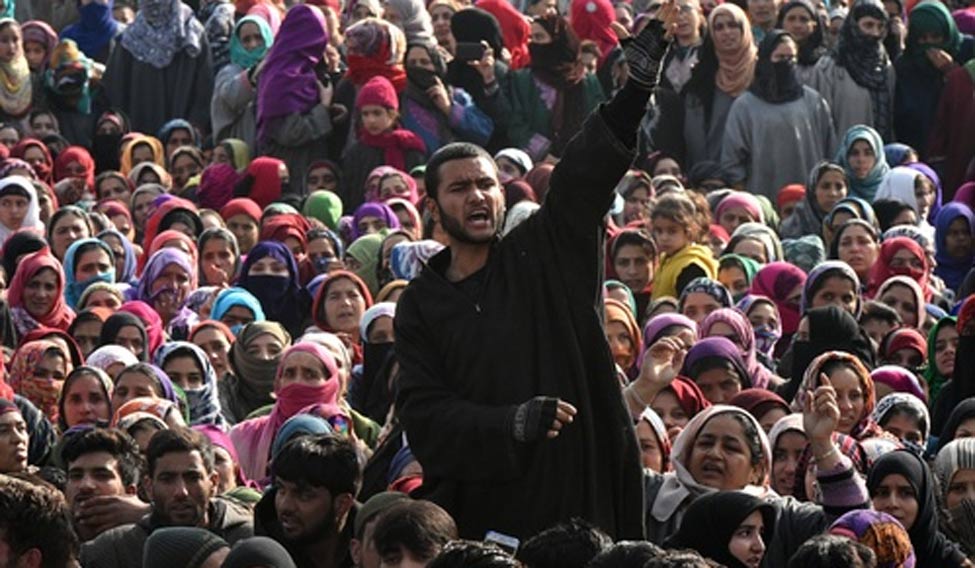The Centre's special representative on Jammu and Kashmir succeeded in meeting two leaders of the Hurriyat Conference during his second visit to the state on November 26 and 27. One of them was veteran separatist leader Abdul Gani Bhat.
''I have been asking people to talk to him (interlocutor Dineshwar Sharma), with a view to impressing upon him the fact that we seek a breakthrough,'' Bhat said.
When asked if he met with Sharma, Bhat replied, “This is no news. I have been beating the drums, asking people to talks to him and tell him that unless India talks to Pakistan, no breakthrough is possible. If you don't do it, your effort will produce nothing.''
Bhat, who is the head of the Muslim Conference and an executive member of the Hurriyat Conference, which is led by Mirwaiz Umar Farooq, has been considered a dove and supporter of talks on Kashmir.
''The Muslim Conference supports dialogue with anybody and at any level,'' Bhat told THE WEEK.''That has been my consistent stand. We will talk to anybody who comes to meet us.''
The Mirwaiz, along with Ali Shah Geelani and Yasin Malik, had refused to meet Sharma and dismissed his appointment by the Centre as a farce.
Bhat said he was not averse to the idea of talks as he also held talks with a group led by Yashwant Sinha, Parliament members and delegations from other countries.
When asked, why he had, in the past, likened the interlocutor's mission to Kashmir as being akin to 'fishing in a desert,' Bhat explained, ''If you tie my neck to the past, I may never be freed. I can go wrong at times, and if you correct yourself, that's special.''
When questioned whether the Centre should announce certain confidence-building measures to encourage the Hurriyat Conference to come forward for talks, Bhat said, “If we stick to our respective positions and are not prepared to move on, I am afraid, we may not achieve anything.”
The leader of the Muslim Conference said India and Pakistan are two important parties to the dispute and they should initiate a dialogue.
''And when they do, Kashmiris should prepare themselves for understanding the situation and help build bridges between the two countries,'' he said. ''Talks can lead to a breakthrough only if you introduce an element of flexibility in it.”
“If you stick to the traditional stand, then there will be no breakthrough,” he said.
He said all three parties—Kashmiris, India and Pakistan—must accommodate each other's points of view.
When asked whether Pervez Musharraf's formula on Kashmir, which he had supported, could be a starting point to resolve the issue, Bhat said, “It can work if Indians and Pakistanis are ready to pick up the outlines of that formula and are ready to produce a workable solution, but we would know only if talks happen.''
He said the changing situation in the region and the emergence of the China-Pakistan Economic Corridor (CPEC) was not there when Musharraf's formula was discussed.
CPEC is a huge economic project with possible strategic targets like the Indian Ocean and South China Sea, Bhat said.
''Our problem is linked to CPEC and to the problem in Afghanistan also,'' he said.
Bhat also gave his thoughts on how CPEC had impacted the traditional positions of India, Pakistan and Kashmiris on the Kashmir dispute.
''America is involved in Afghanistan and the Chinese are involved in Pakistan and the US and Chinese have conflicting interests in the region, and that makes it all the more important for India and Pakistan,'' Bhat said.
A meeting between Bhat and Sharma could be lend a lot of credibility to Sharma's mission and possibly lure others to join the peace process.






